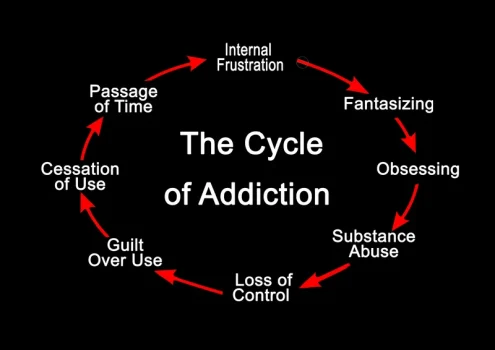What Causes the Body to Produce Body Odor From Pores?

Oil, dead skin cells, and dirt can mix and gather in the pore, creating a blockage. Whiteheads, blackheads, and acne in general are a result of this. There are a does alcohol come out your pores number of things that can cause excess sebum production. Dietary choices like too much sugar, dairy, carbohydrates, or alcohol can increase the blood’s glucose level, which contributes to excess sebum. Hormonal changes, like during puberty and pregnancy, might also cause excess oil on the skin. Athletic individuals may deal with oilier skin if their sebaceous glands are overcompensating in oil production from dryness after washing too frequently following excessive sweating.
Yup, Booze Can Totally Change Your Body Odor
Blackheads occur when dead skin cells block the opening of a pore and make it difficult for the oil being produced by the sebaceous glands to exit. This trapped oil causes the opening of the pore to dilate and bring the oil to the surface. Once that oil makes contact with the air, it oxidizes and gets that blackish color. The white stuff that comes out of your pores like thin strings when you squeeze your nose is called a sebaceous filament. It’s mostly made up of sebum (oil that your skin produces) and dead skin cells. If an alcoholic drinks, the odor vanishes almost as soon as they begin to drink.

What Does Cottage Cheese Smell Like

Confronting someone with concerns about their alcohol odors and potential addiction can lead to denial. Drinking a glass of water periodically is a great way to stay hydrated. The water also helps eliminate residual alcohol through urine. This happens when sun rays damage collagen, which provides strength and structure to your skin and other parts of your body. As the collagen becomes weaker, your pores can appear wider on the surface. You can usually manage them with a proper skin care routine that includes gently washing your face twice a day and using noncomedogenic and nonacnegenic products.
Perspiration and Bacteria
When in excess, they also appear on the skin and may cause the formation of small crystals. Hence, it’s better to use an antibacterial soap to ensure that your skin is always protected from bacteria. Consult your dermatologist for the right soap for your specific type of skin. Hence, the body tries to get rid of it through the kidneys, GIT (gastrointestinal tract), respiratory tract, and skin pores. Methamphetamine is a substance of abuse that the body’s defense mechanism recognizes as a toxin. Meth is harmful to the body and can damage internal organs, such as the brain, heart, kidneys, liver, and lungs.

Stress, certain medications, and alcohol use can also cause you to sweat more than usual. “Ingredients like salicylic acid, niacinamide, and retinoids, are known to help refine the look of pores,” Peterson adds. In truth, you’re participating in a horrid cycle of stripping your skin, drying it out, and encouraging an over-production of sebum that leads to breakouts.

Alcohol consumption can lead to body odor, bad breath, and even foul-smelling urine. The confusion here likely comes from the way certain skin products are marketed. Although washing your face helps to remove excess oil and dead skin cells that can contribute to breakouts, you should be careful not to overdo it. Dr. Suozzi said that over-washing your face (especially with harsh exfoliants) can irritate the surface of your skin and it can even cause redness or excessive dryness.
The Science Behind Body Odor and Alcohol
But you’re at least halving it (and enjoying a little treat). Alcohol dehydrates your skin because your kidneys are working overtime trying to flush out the poison in your system. And make no mistake, all alcohol is poison, no matter how much you love it. Similar to dark spirits, most white wines tend to have high sugar content. For your skin, Alcoholics Anonymous that means inflammation and bloating, which isn’t a good look on anyone.
- A serious hangover usually accompanies a night of moderate or heavy drinking, but it can also leave you smelling like alcohol the following day.
- But, some things you may have heard about pores aren’t completely true.
- You may want to measure your water intake daily to make sure you drink at least eight glasses of water.
Your body processes alcohol as a sugar, which can contribute to inflammation. If you have mixed drinks containing sugary juices and syrups, your risk for inflammation essentially doubles. Increased oil, or sebum, production can clog your pores and result in a breakout.

